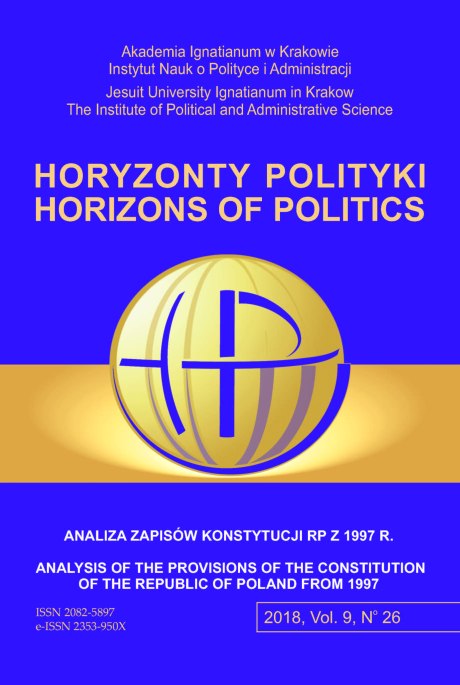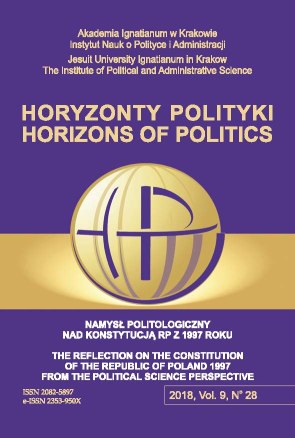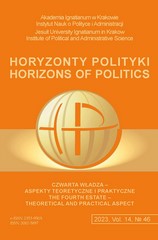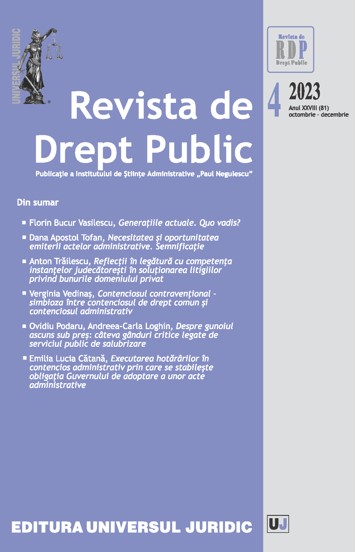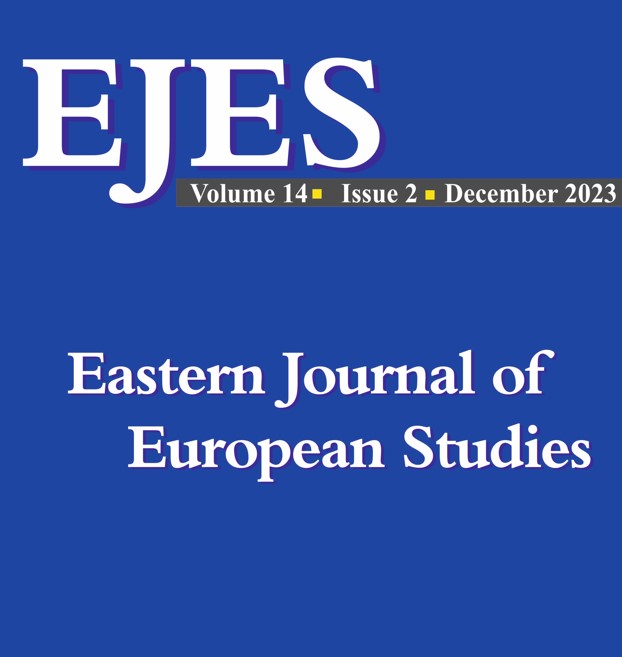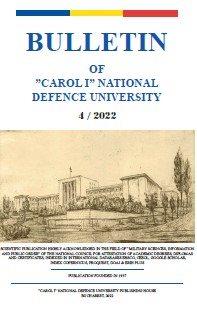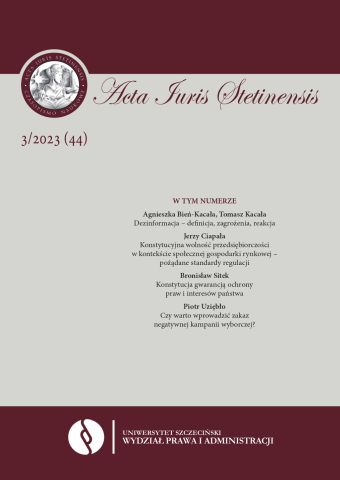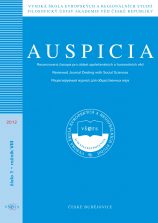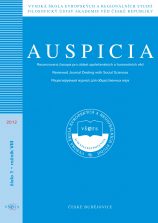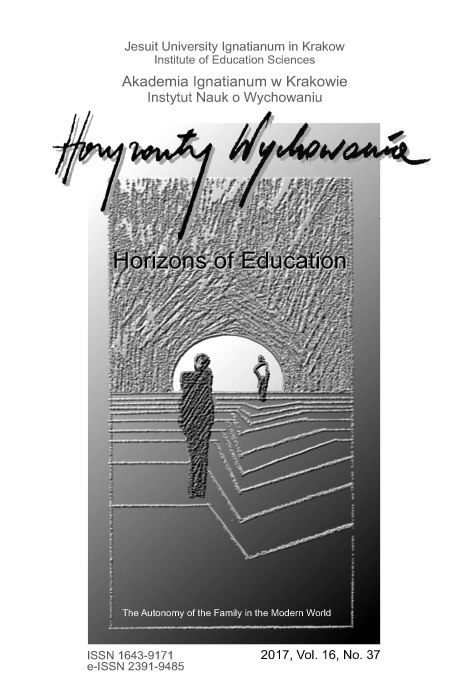
Adoption of a child by homosexuals in light of the best interests of the child principle in accordance with its understanding in Polish family law – subjective interpretation of the author
RESEARCH OBJECTIVE: The purpose of this article is to present arguments against the admissibility of adoption of a child by a homosexual person in light of the best interests of the child principle in accordance with its understanding in Polish family law. It has to be emphasized that the article presents solely subjective author’s interpretation of Polish legal provisions regulating the institution of adoption. THE RESEARCH PROBLEM AND METHODS: Since Polish legislator has not explicitly accepted or prohibited the adoption of a child by a homosexual person, the question of the admissibility of adoption of a child by such a person is raised in light of the principles of family law in force in Poland. There has been applied the method of critical and comparative analysis as well as the analysis of the reference Polish literature, rulings of the Supreme Court of the Republic of Poland and Polish reference legislation. THE PROCESS OF ARGUMENTATION: After having initially defined the aim of the study, the author indicates the function and purpose of the adoption and its premises. Two basic premises of adoption are explained in detail - the premise of the best interests of the child and the appropriate personal qualifications of the adopter. The essential part of the argumentation is to find the answer to the question on whether adoption of a child by a homosexual person in light of Polish family law is admissible or not. RESEARCH RESULTS: The result of this research is the statement of inadmissibility of adoption of a child by homosexuals in light of Polish family law. CONCLUSIONS, INNOVATIONS AND RECOMMENDATIONS: The analysis confirmed the author’s opinion that adoption of a child by a homosexual person/ homosexuals appears to be in contradiction with the principle of the child's best interests principle in accordance with its understanding in Polish family law.
More...
